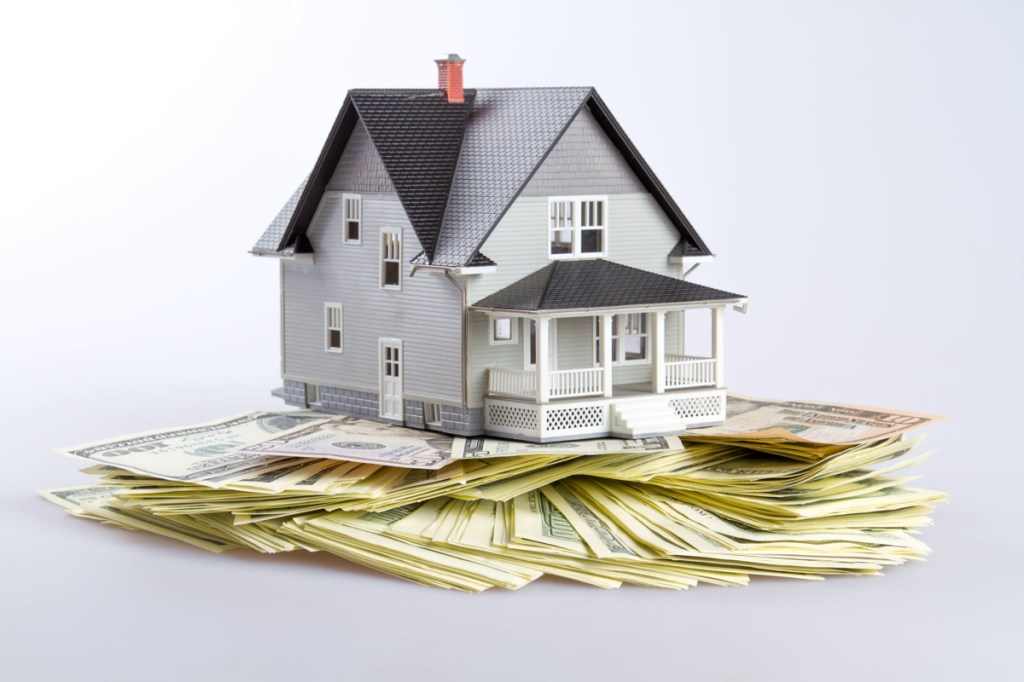The average mortgage rate fell to 2.98% this week, breaking the 3% threshold for the first time, as investors concerned about a resurgence of the COVID-19 pandemic fled to the safety of the bond markets and the Federal Reserve continued to scoop up securities backed by home loans.
The average rate for a 30-year fixed mortgage fell to the lowest in almost five decades of data, down from 3.03% last week, Freddie Mac said in a statement Thursday. The average 15-year rate fell to 2.48%, the lowest in a data series going back almost 30 years, according to the mortgage financier.
Mortgage rates have hit a series of new lows in recent weeks as investors poured money into U.S.-dollar-denominated bonds – mainly Treasuries and mortgage-backed securities. Money managers are reacting to a stream of bad news about the coronavirus pandemic, with some of the nation’s biggest states setting records for new infections this week.
The Federal Reserve has continued to support the mortgage markets by purchasing about $4.5 billion a day of securities containing home loans packaged by Fannie Mae, Freddie Mac and Ginnie Mae.
“The Fed has been buying mortgage-backed securities even more than Treasuries,” said Chris Low, chief economist of FTN Financial in New York. “The Fed purchases are one of the main reasons for the record lows we’re seeing in mortgage rates.”
Record lows in mortgage rates will incentivize more households to refinance, putting more money in their pockets to support consumer spending, Low said.
“When you consider all the components of the economy – exports are not growing, business investments are not growing – that means households are going to carry the economy for the next couple of years in the form of consumption and retail,” Low said.
In addition, the low rates will boost home sales, which will motivate builders to kick into higher gear, which supports a component of GDP called residential fixed investment, he said.
“Low mortgage rates boost housing demand which means stronger residential investment, and already we are seeing that,” he said.






